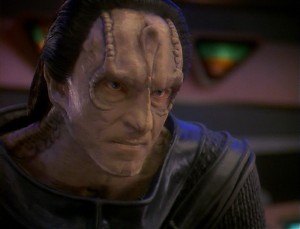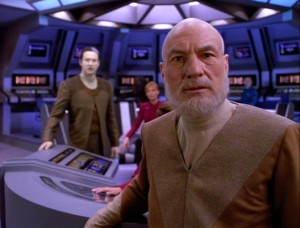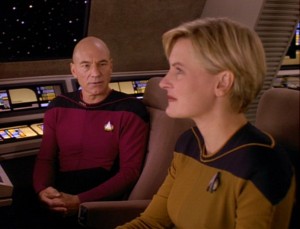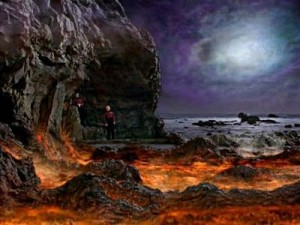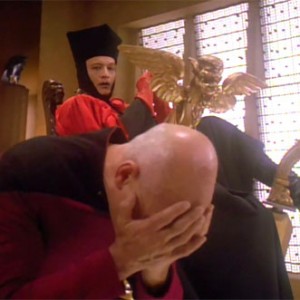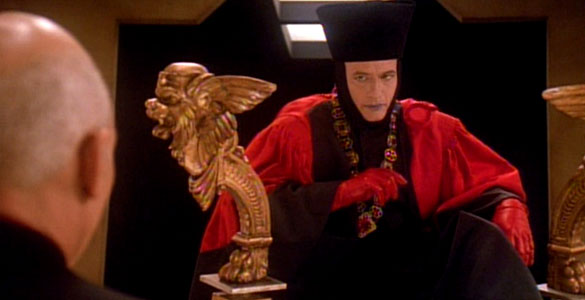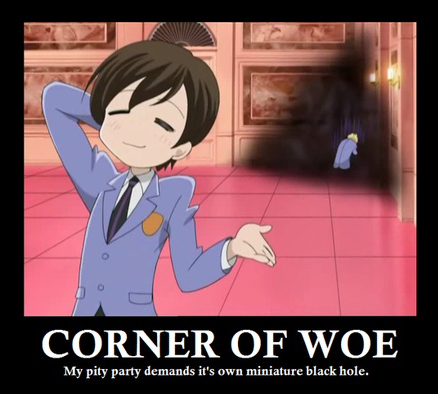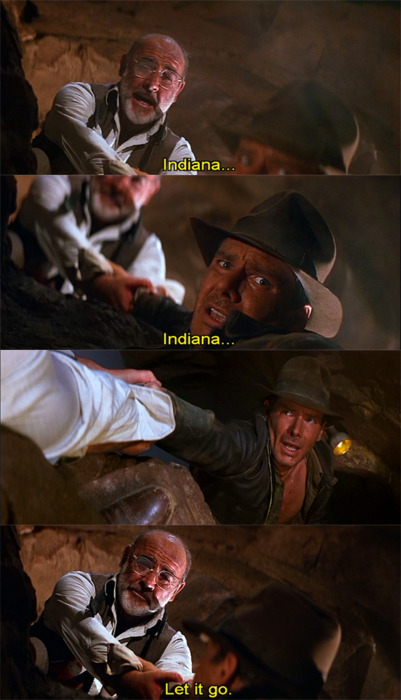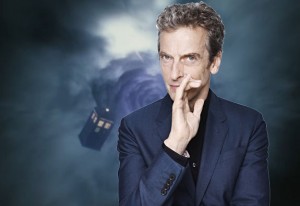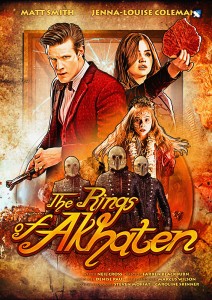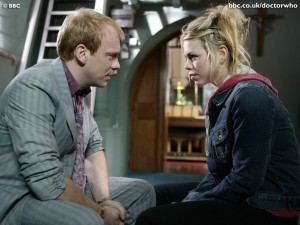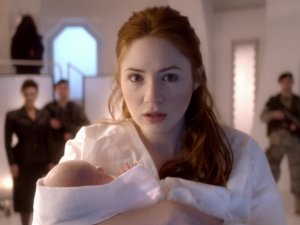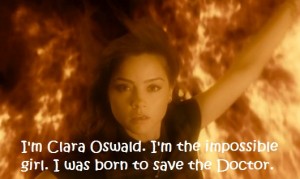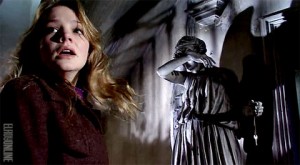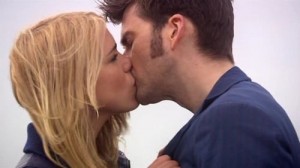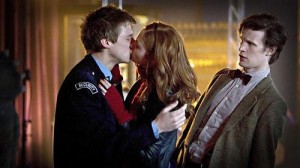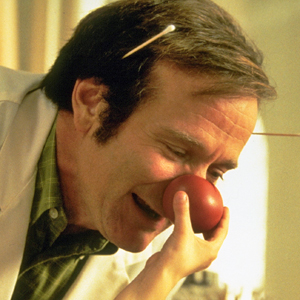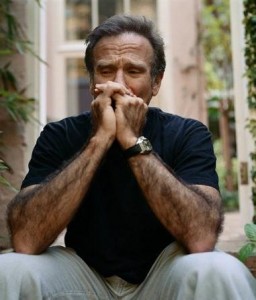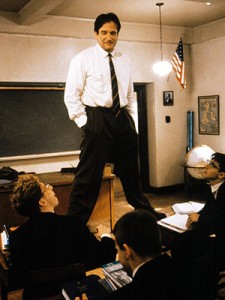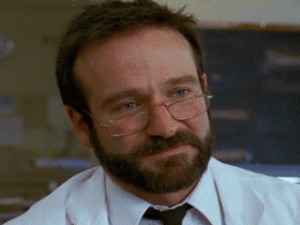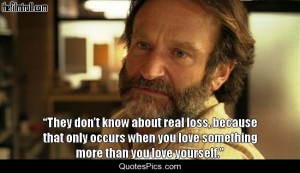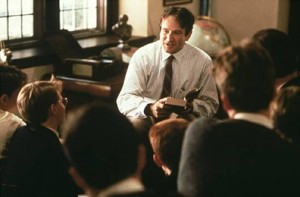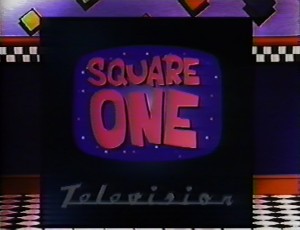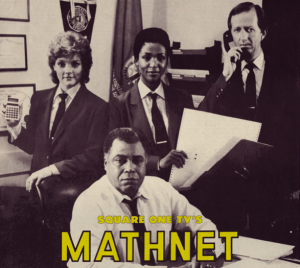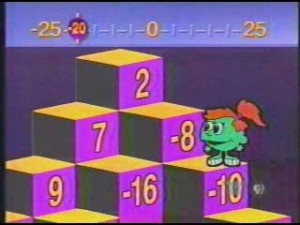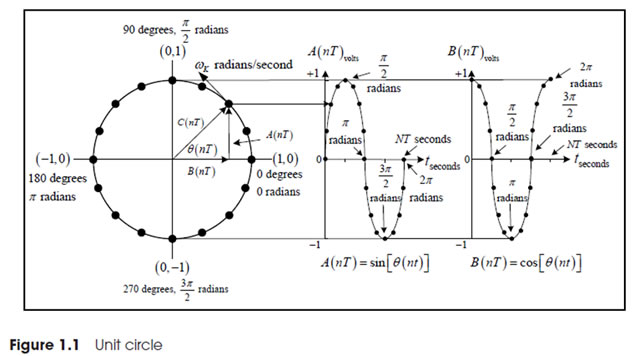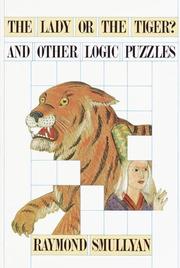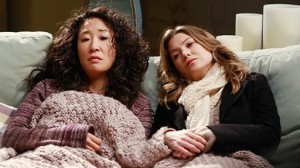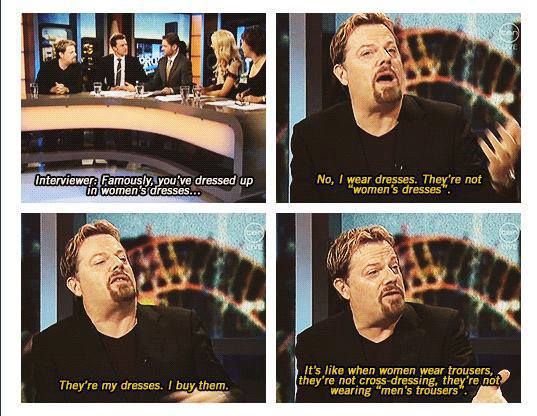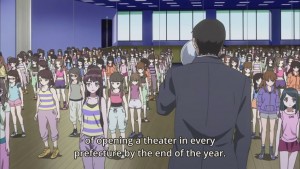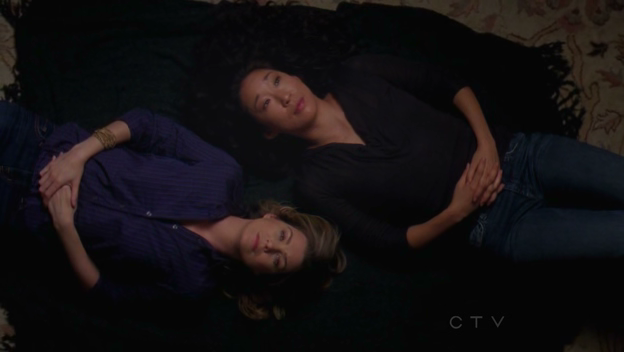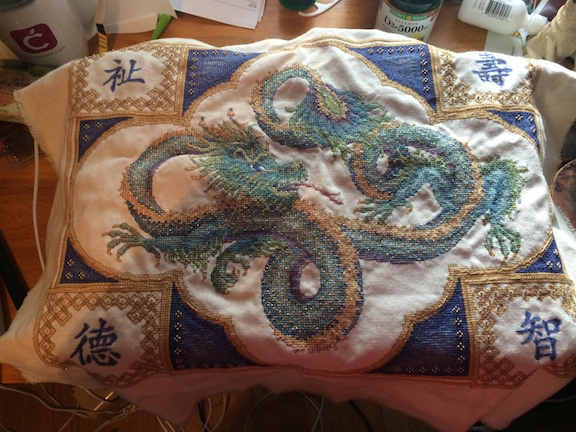This is the final entry in my “Top Ten Star Trek: The Next Generation” episodes.
The End
I know it is something of a cliche to include either the pilot or the final episode of a series in a top ten list, but this episode did such a great job that I had to include it.
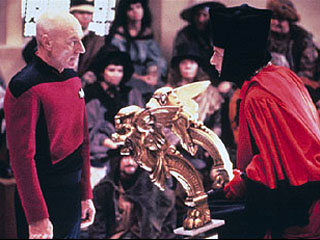 Ending a long-running series is tricky. There is a multitude of nerd rage over shows that did not end in a satisfying manner. “The Sopranos” is the most prominent example, but there are plenty of other shows that have dropped the ball at the end.
Ending a long-running series is tricky. There is a multitude of nerd rage over shows that did not end in a satisfying manner. “The Sopranos” is the most prominent example, but there are plenty of other shows that have dropped the ball at the end.
It is tremendously difficult to strike a good balance between giving closure to the fans and going too far in the other direction and pandering to what you think the fans want to see. “Breaking Bad” recently wrapped up their series and it was the third-to-last episode that really packed the emotional punch for the series. The last few episodes wrapping things up but it wasn’t nearly as emotionally satisfying as that almost last episode was.
“Star Trek: The Next Generation” was from an earlier time before the mass serialization of TV became the norm. TNG had a few recurring characters and several plot threads that popped up over the years, but beyond a few two-part episodes there was not a lot of continuity from episode to episode.
One of those characters and plot threads was the omnipotent, ever-present Q. Q made his appearance in the pilot to put humanity on trial. That was a rather ballsy move to make in the pilot and it pays off in the finale because the writers could call back that scene to provide a nice bookend for the show.
The only other Trek series to do anything like this was Deep Space Nine. DS9 had the awesome moment in the pilot where Gul Dukat strolls onto the station and you are immediately struck by what a menacing presence he has. DS9 at its core was a battle royale between the forces of good in the form of Benjamin Sisco and the forces of darkness in the form of Gul Dukat for control of the wormhole and its inhabitants.
If Gul Dukat or Q had been poorly cast, neither of these callbacks would have happened. In spite of the fact that TNG and DS9 were syndicated, relatively low budget shows, they got incredibly lucky with a lot of their casting. Getting an actor who could stand toe-to-toe with Patrick Stewart who was genuinely menacing was awesome, which is why the writers kept bringing Q back over and over again. It’s difficult to remember that Q only appeared in just over a half dozen episodes of the series since his presence is such a vital part of its DNA.
Structure
One benefit of having the plot driven by an omnipotent super being is that you can bring characters back from the dead without things seeming forced. Being able to send Picard through time and space without having to worry about the mechanics is a gift.
The best time travel episodes of Trek don’t bother to worry about how their heroes go back and forth through time. Look at “The City at the Edge of Forever.” Our heroes jump through a large rock and wind up back in time. They never talk about how they get back to the future because it doesn’t matter. Kirk fell in love with a woman who he had to let die to allow time to proceed as it should.
(Side note: I would give anything to see a cold open for Doctor Who where the TARDIS shows up on the Enterprise bridge, they talk to Patrick Stewart, fly off, and you see that they are in the middle of shooting an episode. Seriously Moffat, make it so!)
There have been a few moments in Star Trek where Picard has been tortured with the idea that he remembers things that are not real. Between “The Inner Light”, “The Chain of Command”, and “The Best of Both Worlds” I am shocked that he doesn’t have some terrible psychological trauma. I guess they have found a cure for PTSD in the future. One would hope at least.
It was kind of nice to see that at some point Picard and Beverly Crusher hook up, it just would have been nice to see it happen while the show was still going. I am surprised they never picked that thread up in any of the movies. The actors clearly had chemistry and the writers kind of flirt around with the idea without actually going there. If they were going to hook Worf and Troi up for the last few episodes of the series, couldn’t they have at least done the same thing for the two characters who actually made sense?
Oh yeah, one of the low points of the finale is that in the future Worf and Riker hate one another because they both loved Troi and she mysteriously dies to fuel their irrational conflict. ”Women in Refrigerators” trope for the win!
It’s kind of nice to see how the writers were able to use the death of Tasha Yar so many times in the series to show that things were wonky without overusing it terribly. Each time they brought Tasha back it was in a great episode and she was used respectfully. I am glad that Denise Crosby was classy enough to come back the number of times she did for the fans of the show.
Paradox
The primary reason I am including this on my list is the central paradox in the episode.
As I have written about a lot, I started programming rather later than most people did. I had a period of several years where I terribly abused my brain. I would come home from school and just stare off at a corner for half an hour because I couldn’t think enough to be able to know I had to take off my coat and my shoes.
I have stretched, broken, and healed my brain so many times that I think I might be addicted to the pain. Watching Picard go through the episode trying to piece the paradox together spoke to me on a fundamental level that a lot of Star Trek didn’t.
There was one quote in particular that really speaks to me. It happens at the end of the episode when Picard has saved the universe and is speaking to Q about his displeasure at being put on trial:
Capt. Picard: I sincerely hope that this is the last time that I find myself here.
Q: You just don’t get it, do you, Jean-Luc? The trial never ends. We wanted to see if you had the ability to expand your mind and your horizons. And for one brief moment, you did.
Capt. Picard: When I realized the paradox.
Q: Exactly. For that one fraction of a second, you were open to options you had never considered. *That* is the exploration that awaits you. Not mapping stars and studying nebulae, but charting the unknown possibilities of existence.
Last year I was determined to learn Core Audio. I spent two months working my way through Chris Adamson’s Core Audio book. He was doing an all-day workshop on it at CocoaConf Boston and I moved heaven and earth to be able to go there. When I got there, I was incredibly worried about my future. I felt beaten down and broken by trying to get through programming. That was a really dark time for me. I used to feel joy when I learned and figured things out that had all but disappeared from my life. I was in a despair that I would never feel it again.
Going to that workshop changed my life. It was like a lot of concepts were floating around in my brain like iron filings and someone turned a magnet on and suddenly everything snapped into place. I couldn’t explain to anyone about what I realized, but for a brief moment everything clicked into place. I nearly cried because all of these things I couldn’t figure out suddenly came into focus. I could see how they fit together. I was so buzzed by this revelation that I didn’t sleep for a week.
I felt like I had made a pilgrimage through the desert with no hope that anything would be at the other end to discover that a paradise existed. I felt like my will and my tenacity had been tested and that I passed the test. I knew that anything else I tried to do would not be as difficult as the last year had been. I knew that I would be okay. I knew I would not fail.
Engage
I guess the main theme of this episode is talking about what Star Trek is really about. J.J. Abrams doesn’t fundamentally understand why people like Star Trek. It seems like this dated, wimpy show about a bunch of unrealistic peaceniks who have this stupid utopian view of the way the world should be. Those qualities are exactly what make Star Trek special.
It is superficially about exploring space and meeting weird exotic aliens, but it is about far more than that. It is about exploring what it means to be human. We encounter aspects of ourselves in the various species encountered by the Enterprise crew. The show is a hope for the future where we can bypass the issues we have now to work together for a better future.
We need this, now more than ever. We have a deeply divided country where half of us want to move backwards and half want to move forward. We have a group of people deeply suspicious of scientists warning us that if we aren’t careful we will make this planet uninhabitable. We have become terrified of bogeymen in headscarves that we are afraid will blow up our buildings, so we let our government treat all of us like criminals. We have militarized police turning their weapons on the people they are supposed to protect.
I believed in you. I thought you had potential. But apparently I was wrong. May whatever god you believe in have mercy on your soul. This court stands adjourned.
I need to believe we can transcend this period of our history. When Star Trek originally came out, we were at a similar precipice, except the bogeyman was nuclear war and had a Russian accent. Star Trek came at a time we needed to believe that it was possible that we could do better. We need that now, more than ever.
Our great challenge as a species isn’t to make it to the stars, it is to push ourselves to do better than we thought we could. That is the ultimate message of both this specific episode and of all of Star Trek. That is why this series has endured for nearly fifty years.
I want to finish up this post, and this series, with a quote from the pilot that I feel sums up my feelings about what Star Trek means to me. I want to thank you for reading my posts and I hope that they were not too terribly boring.
Captain Jean-Luc Picard: Some problem, Riker?
Commander William T. Riker: Just hoping this isn’t the usual way our missions will go, sir.
Captain Jean-Luc Picard: Oh, no, Number One. I’m sure most will be much more interesting. – Let’s see what’s out there. Engage!
